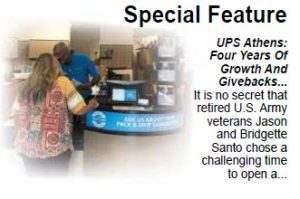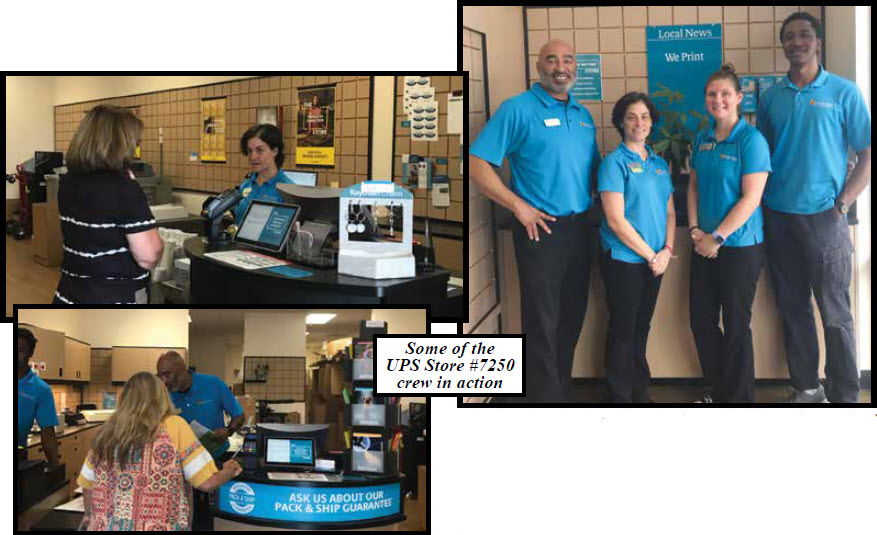 By: Eric Betts
By: Eric Betts
The environment we live in today is full of apprehension and fear due to the pandemic that began in the United States in 2020. The times we are living in have brought about much change. The workplace environment has changed and will continue to change. Leaders are expected to adapt to the changing environment as well as helping others within their workplace to change as well.
Many times, leaders failed to enact change within their group organization or company because change makes those within their orbit uncomfortable and insecure. Others fail to enact change because those within their circle have great emotional connections with the way things used to be. Often those within the group are fearful of future changes because they are unsure if they will have a place, or they do not know whether their place will be diminished in an environment of change. This is important to recognize.
Negative attitudes, frustrations, and fears within the group may very well force a leader to hold back from enacting change. When there is a spirit of fear within the group, this is worsened when the leader is fearful of those negative emotions that will come when change is enacted. However, failure to enact such changes is detrimental to the organization and its personnel in the long run. When a leader is more fearful of rocking the boat than they are of becoming ineffective or relevant, the leadership will not ultimately succeed.

Family System’s author, Edward Friedman, asserts that a leader’s job is to be “the strength in the system.” It is unrealistic to suggest that leaders never become fearful about the future, but successful leaders do not allow their own inner fears to interfere with the overall goals and changes needed to fulfill those goals. Successful leaders are also in the business of building and developing the organization by building and developing the people. The organization’s personnel must confront their fears, their anxieties, and their uncertainties if they are going to grow and help build the organization. Removing the agony of uncertainty and the pain of change never helps the personnel. It hurts the growth of those who have yet to reach their full potential in the organization. The organization’s personnel may have anxiety about the changes that are coming, and the leadership may have anxiety about the negative reactions, but a successful leader has the nerve to hold firm.
Friedman suggested the following:
Developing greater clarity about what is happening in a system will always be more productive in the long run than just having empathy for the hurting people in the system and trying to rescue them. People grow through challenge and not by simply being made to feel better about their plight.
The following attitudes must be maintained when anxiety fills the ecosystem:
- Remain true to your core convictions
- Remain true to your vision
- Remain true to your plan
- Remain decisive despite negative emotions
- Remain connected and present (relatable)
- Remain persistent in the face of sabotage
May you remain firm in the direction of change in times of anxiety and uncertainty. The rewards and success that will come will far outweigh the difficulties of the present.
By: Eric Betts
Assistant Director, Curtis Coleman Center for Religious Studies and Ethics at Athens State University









 July 19, 2024
July 19, 2024




